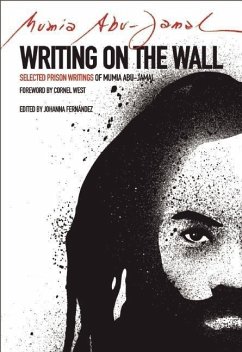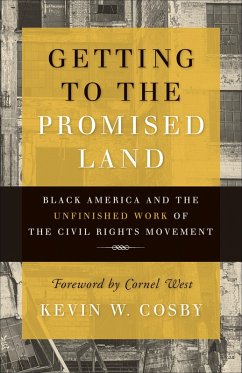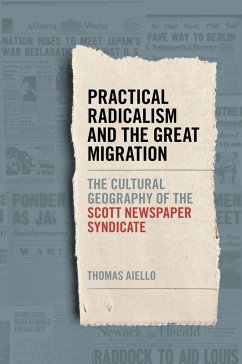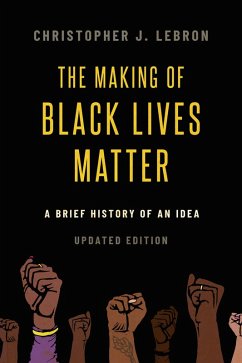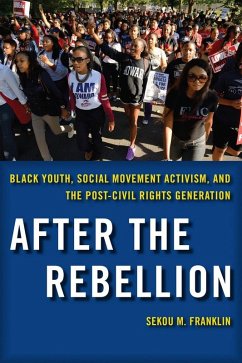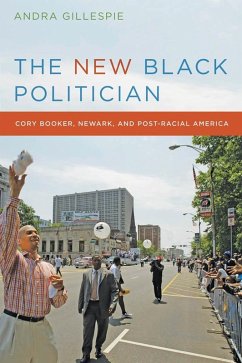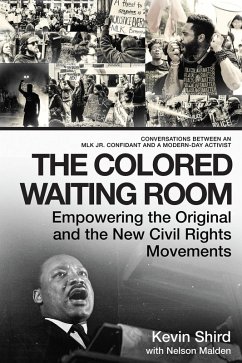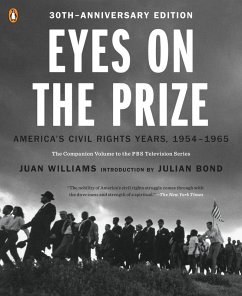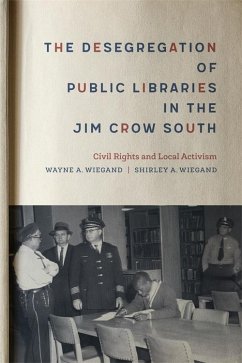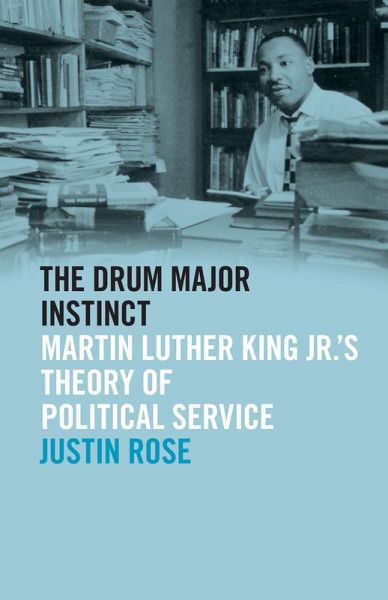
The Drum Major Instinct (eBook, ePUB)
Martin Luther King Jr.'s Theory of Political Service
Versandkostenfrei!
Sofort per Download lieferbar
81,95 €
inkl. MwSt.
Weitere Ausgaben:

PAYBACK Punkte
41 °P sammeln!
Though there are several studies devoted to aspects of Martin Luther King Jr.'s intellectual thought, there has been no comprehensive study of his overarching theory of political service. In The Drum Major Instinct, Justin Rose draws on Martin Luther King Jr.'s sermons, political speeches, and writings to construct and conceptualize King's politics as a unified theory.Rose argues that King's theoretical framework-as seen throughout his wide body of writings-has three central components. First, King posited that all of humanity is tied to an "inescapable network of mutuality" such that no membe...
Though there are several studies devoted to aspects of Martin Luther King Jr.'s intellectual thought, there has been no comprehensive study of his overarching theory of political service. In The Drum Major Instinct, Justin Rose draws on Martin Luther King Jr.'s sermons, political speeches, and writings to construct and conceptualize King's politics as a unified theory.
Rose argues that King's theoretical framework-as seen throughout his wide body of writings-has three central components. First, King posited that all of humanity is tied to an "inescapable network of mutuality" such that no member of society can fully flourish if there are structural barriers preventing others from flourishing. Second, King's theory required that Americans cultivate a sense of love and concern for their fellow members of society, which would motivate them to work collectively toward transforming others and structures of injustice. Finally, King contended that all members of society have the responsibility to participate in collective forms of resistance. This meant that even the oppressed were obligated to engage in political service. Therefore, marginalized people's struggles against injustice were considered an essential aspect of service.
Taken together, King's theory of political service calls on all Americans, but especially black Americans, to engage in other-centered, collective action aimed at transforming themselves, others, and structures of injustice. By fully exploring King's thoughts on service, The Drum Major Instinct is an invaluable resource toward understanding how King wanted us all to work to create a more just, democratic society and how his thoughts continue to resonate in contemporary struggles.
Rose argues that King's theoretical framework-as seen throughout his wide body of writings-has three central components. First, King posited that all of humanity is tied to an "inescapable network of mutuality" such that no member of society can fully flourish if there are structural barriers preventing others from flourishing. Second, King's theory required that Americans cultivate a sense of love and concern for their fellow members of society, which would motivate them to work collectively toward transforming others and structures of injustice. Finally, King contended that all members of society have the responsibility to participate in collective forms of resistance. This meant that even the oppressed were obligated to engage in political service. Therefore, marginalized people's struggles against injustice were considered an essential aspect of service.
Taken together, King's theory of political service calls on all Americans, but especially black Americans, to engage in other-centered, collective action aimed at transforming themselves, others, and structures of injustice. By fully exploring King's thoughts on service, The Drum Major Instinct is an invaluable resource toward understanding how King wanted us all to work to create a more just, democratic society and how his thoughts continue to resonate in contemporary struggles.
Dieser Download kann aus rechtlichen Gründen nur mit Rechnungsadresse in A, D ausgeliefert werden.




